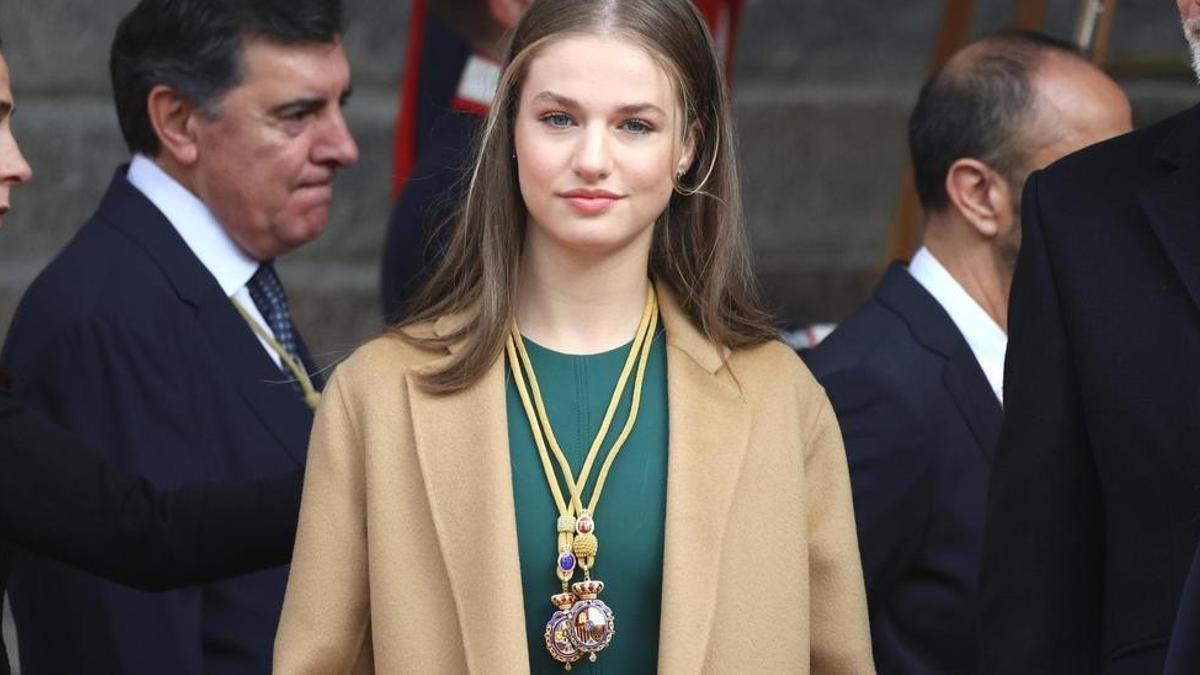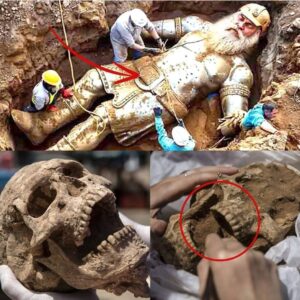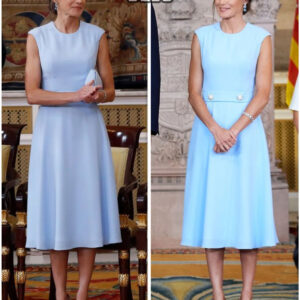Leonor de Borbón: The Journey of the Princess of Asturias to Become Queen
Leonor de Borbón, born on October 31, 2005, in Madrid, Spain, is destined for a life of royal duties and responsibilities as the heir presumptive to the Spanish throne. As the eldest daughter of King Felipe VI and Queen Letizia, Princess Leonor carries the title of Princess of Asturias, a traditional title bestowed upon the heir to the Spanish monarchy.
Her upbringing and education are meticulously designed to prepare her for her future role as Queen of Spain, a position she is expected to assume in the years to come.
Princess Leonor is the elder of two daughters born to King Felipe VI and Queen Letizia. Her younger sister, Infanta Sofía, was born on April 29, 2007. From a young age, Leonor has been in the public eye, often accompanying her parents on official engagements and royal ceremonies.
Her upbringing has been characterized by a blend of tradition and modernity, reflecting her parents’ efforts to balance royal protocols with a sense of normalcy and privacy for their daughters.

Education plays a pivotal role in Princess Leonor’s preparation for her future role as Queen. She attended the Santa María de los Rosales School in Madrid, where her curriculum included not only traditional academic subjects but also courses on Spanish culture, history, and languages.
The emphasis on a well-rounded education is aimed at equipping Leonor with the knowledge and understanding necessary to fulfill her duties as a representative of Spain and its people.
In addition to her formal education, Princess Leonor has participated in various cultural and social activities, both within Spain and abroad. These engagements serve to broaden her perspective and deepen her understanding of global issues—a crucial aspect of her future role as a diplomatic figurehead for the nation.
As the Princess of Asturias, Leonor holds a significant position within the Spanish monarchy. Traditionally, the title signifies the heir presumptive to the throne and carries with it the expectation of embodying the values and ideals of the Spanish monarchy. Throughout history, holders of the title have played pivotal roles in shaping the nation’s identity and fostering unity among its diverse regions.

Leonor’s role extends beyond ceremonial duties; it encompasses a commitment to public service, charitable endeavors, and promoting Spanish culture and heritage. Her future reign as Queen will require her to navigate complex political landscapes, represent Spain on the global stage, and uphold the constitutional monarchy’s principles of democracy and stability.
The transition to becoming Queen will mark a significant milestone in Princess Leonor’s life and in Spain’s history. While her father, King Felipe VI, continues to reign with distinction, preparations are underway to gradually introduce Leonor to more public engagements and official responsibilities.
The Spanish royal family, under the guidance of King Felipe VI and Queen Letizia, remains committed to supporting Leonor’s development as a future monarch. This transitional period is crucial for Leonor to hone her leadership skills, deepen her understanding of governance, and strengthen her bond with the Spanish people.
Princess Leonor’s journey to becoming Queen has garnered significant attention from both domestic and international media. Coverage often focuses on her public appearances, educational achievements, and ceremonial roles within the royal family. The Spanish public, in particular, holds a deep reverence for the monarchy and its traditions, viewing Princess Leonor as a symbol of continuity and stability.
Media outlets regularly report on Leonor’s milestones, from her academic achievements to her speeches at official events. Each public appearance provides insight into her evolving role and responsibilities, shaping public perceptions of her future reign.
As Princess Leonor prepares for her future role as Queen, she faces a series of challenges and expectations. These include balancing her public duties with maintaining a private life, navigating the complexities of modern monarchy in an era of rapid social change, and upholding the values of unity and inclusivity that define contemporary Spain.
Moreover, Leonor will inherit a monarchy that is evolving alongside Spanish society. Her ability to connect with younger generations, engage in meaningful dialogue on societal issues, and promote diversity will be critical to maintaining the monarchy’s relevance and legitimacy in the eyes of the Spanish people.
In conclusion, Princess Leonor’s journey to becoming Queen of Spain is a testament to the enduring legacy of the Spanish monarchy and its role in shaping the nation’s history. Guided by her parents and supported by the Spanish people, Leonor is poised to uphold the traditions of the monarchy while embracing the challenges of a changing world.
Her education, upbringing, and early experiences as the Princess of Asturias lay the foundation for a future reign marked by leadership, compassion, and dedication to the welfare of Spain and its citizens. As she continues to grow and evolve, Princess Leonor remains a beacon of hope and continuity for the Spanish monarchy and its proud heritage.
News
Los científicos finalmente abrieron la tumba de Goliat después de miles de años, descubriendo secretos que sorprendieron y confundieron a todos.
Los científicos finalmente abrieron la tumba de Goliat después de miles de años, descubriendo secretos que han dejado a todos en shock y confusión. Este monumental descubrimiento, que durante mucho tiempo ha sido tema de especulación y mito, ha producido…
LA PRINCESA LEONOR y LA INFANTA SOFÍA PARALIZAN ACTO REAL con SORPRESA PARA EL REY FELIPE ¡LLORARON
La Princesa Leonor y la Infanta Sofía Paralizan el Acto Real con Sorpresa para el Rey Felipe: ¡Lloraron! En el corazón de la vida pública española, los eventos reales suelen ser espectáculos de protocolo, elegancia y seriedad. Sin embargo, a…
5 insólitas costumbres de la Familia Real Española que Letizia Ortiz se niega a seguir
Conoce las ocasiones en las que el carácter rebelde la esposa del rey Felipe VI ha salido a relucir al resistirse a formar parte de las costumbres de los Borbón Letizia se mantiene renuente a seguir algunas de las costumbres…
El estilo de vida ultra lujoso de la Familia Real Española
El Estilo de Vida Ultra Lujoso de la Familia Real Española La Familia Real Española, encabezada por el Rey Felipe VI y la Reina Letizia, es un símbolo de elegancia y sofisticación. Su estilo de vida ultra lujoso no solo…
EL ODIOSO MOTIVO POR EL QUE LA REINA LETIZIA DE ESPAÑA RIVALIZA CON LA REINA MÁXIMA DE HOLANDA
El Odioso Motivo por el que la Reina Letizia de España Rivaliza con la Reina Máxima de los Países Bajos: Un Conflicto de Estilo y Poder En el mundo de la realeza, donde la imagen y la percepción pública juegan…
La Princesa LEONOR: El Lado Desconocido de su LUJOSA VIDA
La Princesa Leonor: El Lado Desconocido de su Lujosa Vida La Princesa Leonor de Borbón, heredera al trono de España, es una figura que despierta un interés considerable tanto en el ámbito nacional como internacional. A menudo vista en eventos…
End of content
No more pages to load











